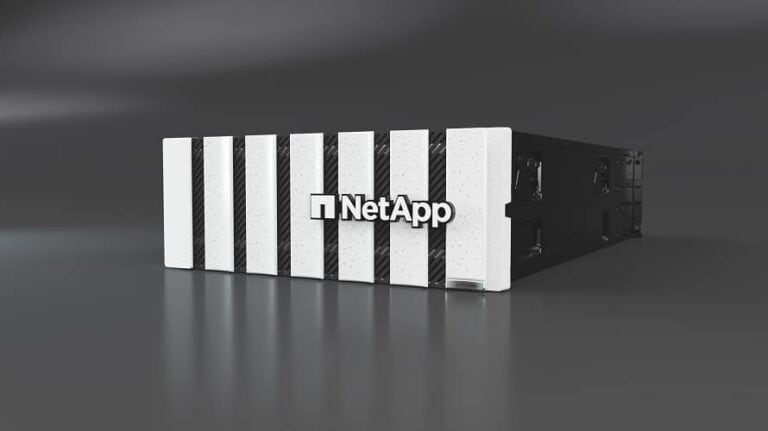NetApp has filed a federal lawsuit against former Chief Technology Officer Jón Thorgrímur Stefánsson. The company alleges that during his employment, he used confidential information to establish a competing startup, which was acquired by rival VAST Data shortly after his departure.
According to NetApp, the fact that VAST Data bought the startup Red Stapler shortly after its founding does not change the fact that VAST is not accused of involvement. The claims focus exclusively on the actions of Stefánsson and a few former colleagues.
Forbes provides an overview of the case. Stefánsson worked at NetApp for eight years. His role as CTO and senior vice president gave him access to strategic information about NetApp’s cloud platform, product architectures, and collaborations with major cloud providers. NetApp alleges that he used that knowledge for his own business.
Early development activity on GitHub
According to the petition, Stefánsson began setting up Red Stapler while he was still employed by NetApp. He did this together with a number of current and former NetApp employees. Internal communications and development activity on GitHub allegedly show that the project was already well underway before he formally left the company on June 27, 2025.
Red Stapler officially launched in July. It was quietly expanded. Less than ten weeks later, it was acquired by VAST Data. According to NetApp, Red Stapler’s technology bears similarities to its own Service Delivery Engine. This is a system that serves as an orchestration and integration layer with public cloud platforms. NetApp emphasizes that it is virtually impossible for a new team to have developed this technology independently in such a short period of time.
When he joined the company, Stefánsson signed a PIIA agreement (an extensive confidentiality agreement) containing provisions on confidentiality, invention assignment, and approaching colleagues. NetApp claims that Stefánsson violated those agreements by using company information for a competing solution, approaching colleagues while still employed, and failing to report inventions that arose within six months of his departure.
Temporary restraining order
The court has now imposed a temporary restraining order prohibiting Stefánsson from performing work related to technologies he developed at NetApp. This order is valid until November 26, 2025. NetApp is attempting to convert the temporary order into a permanent one.
Stefánsson has not yet responded to letters from NetApp. After the announcement of the acquisition of Red Stapler, he is said to have moved to Iceland. This could make it difficult to enforce any future rulings. VAST Data has not responded substantively to the case or to Stefánsson’s position within the company.
The outcome of these proceedings could have consequences for the cloud and data infrastructure market. The issue touches on questions surrounding the balance between knowledge that employees naturally take with them to a new employer and information that is considered a trade secret.
Another factor is how effective contracts such as non-solicitation and invention agreements are in a sector where talent mobility is high. As long as Stefánsson’s formal response is lacking, only NetApp’s perspective is known. The coming period will clarify whether the temporary ban will be converted into a permanent measure and what impact that will have on both companies and the market around them.
